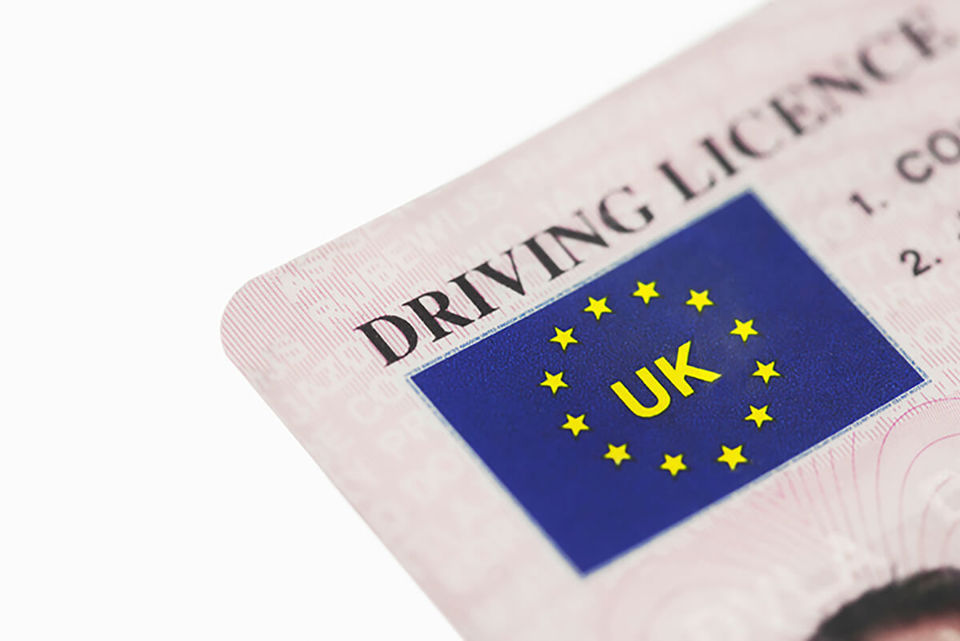Fleets are being urged to implement driver audits into their overall licence checking and risk prevention strategy by Licence Bureau.
All businesses are obliged to guarantee – as much as is reasonably practical – that the health, safety and welfare of employees is properly managed in the workplace, which includes driving on business. This includes making sure all employees remain compliant and aware of general company policy, including the driving handbook, using a mobile phone at the wheel, fatigue, general wellbeing and eyesight.
Employee audits should also include bespoke questions for any specific equipment or vehicles that staff operate. This is crucial for ensuring that any employees with medical conditions, which could affect their ability to carry out their work, is properly managed, says Licence Bureau.
With many fleets employing staff from overseas, the Hemel Hempstead-based company is also reminding fleets not to overlook basic Right to Work checks for employees, to verify their eligibility to work in the UK. This includes the checking of key documents – for all employees – such as driving licences, passports and visas outlining restrictions to the work they can carry out.
Licence Bureau encourages fleets to present employees with an audit and to ensure Right to Work checks are carried out on a regular basis, per individual circumstances, to keep employee profiles current and documents up-to-date.
“In order to build a proper picture of all staff, Licence Bureau strongly recommends implementing bespoke audits for drivers and non-drivers, plus carrying out Right to Work checks on any necessary employees,” said Malcolm Maycock, managing director of Licence Bureau.
“Without these, organisations could be liable for prosecution under The Health and Safety at Work Act 1974 and the Immigration, Asylum and Nationality Act 2006, posing a substantial risk to the business.
“Failing to recognise any unique circumstances that relate to employees driving on business could pose a substantial risk to a company’s risk prevention strategy”.

















Login to comment
Comments
No comments have been made yet.